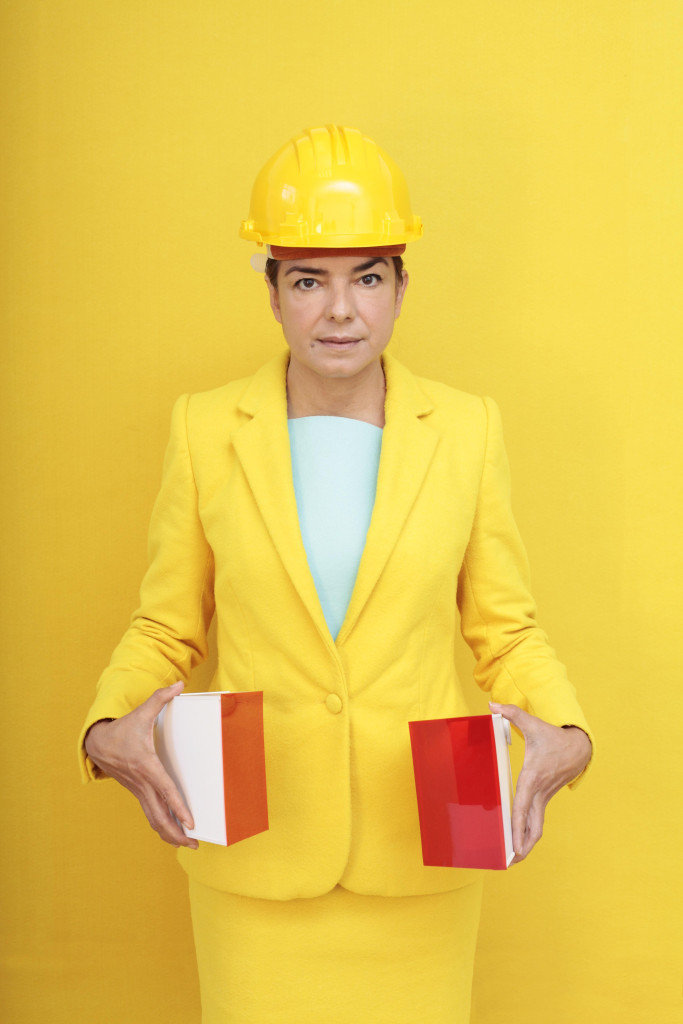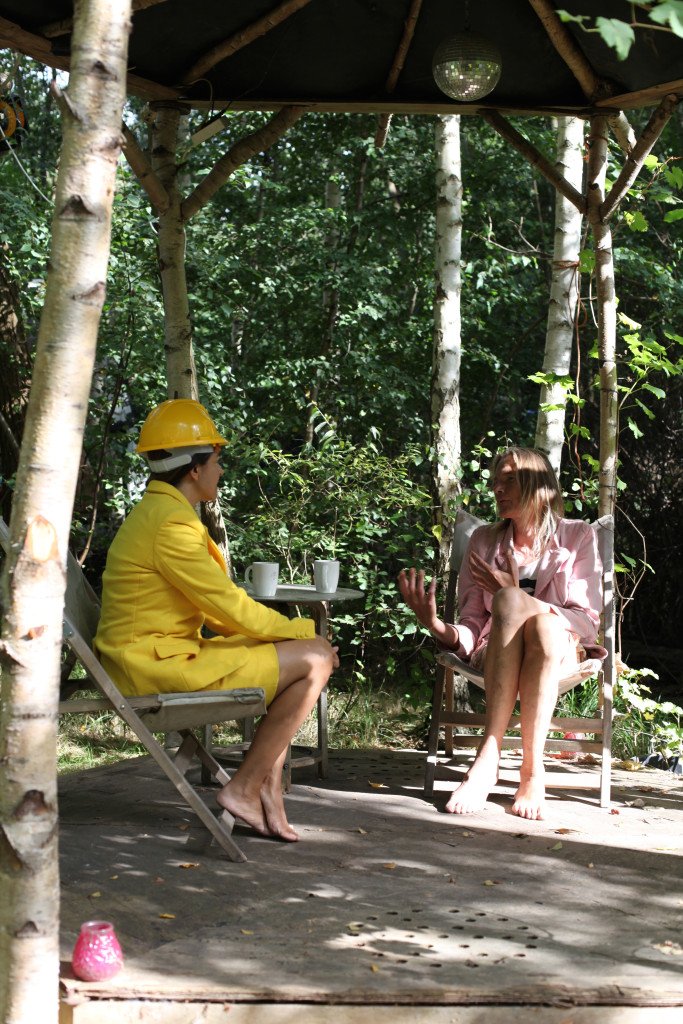Amsterdam , 2016
CENTURY 22
Establishment of Century 22 Real Estate, a company dedicated to developing innovative housing solutions for non-binary families
We are living in a society that is becoming more and more complex, a big global performance directed by social media, day by day, from one Facebook “like” to another. We’re steered by algorithms, governed by systems too complicated for one individual to understand, let alone control. The human tendency is to react to that by creating boxes and categories with fences to make it more understandable and comprehensible. So we block out all kind of deviation from the norm and create new borders (real new ones between European countries again) and divisions.
The very first division, when we are born, is between male and female.
It seems almost fundamental for us to hold on to that as one of the last certainties we have to establish ourselves and our identity. For that reason we are extremely harsh on people who challenge that basic polarity, to those who want to change their gender during their life. Can we imagine a world in which we loosen up the gender specificity? What rules would need to be changed? What consequences would it have? What ethical decisions would need to be made? – Alicia Framis, Amsterdam 2017
Alicia Framis uses this performance and film as a tool to discuss how architecture is selective and instructive, for example in your love life. People are put in boxes and sometimes forced to stay where they don’t fit anymore; since our desires and needs continually change, architecture is obsolete. In reaction, Framis establishes a real-estate company named Century 22 Real Estate, inspired by the well-known international real estate firm Century 21. Until now, most real estate agencies offer housing for a governmental model for families: father, mother, and two children. Framis’s company is responsible for developing new ways of houses for NON BINARY FAMILIES. Nowadays there are many ways of feeling as a family, with same-sex couples, transgenders, gender fluidity, or other affectionate relationships etc. Framis develops films, models, performances, drawings and a magazine to communicate to society these new ways of living together, that are in her case, urgent now a days.



We are living in a society that is becoming more and more complex, a big global performance directed by social media, day by day, from one Facebook “like” to another. We’re steered by algorithms, governed by systems too complicated for one individual to understand, let alone control. The human tendency is to react to that by creating boxes and categories with fences to make it more understandable and comprehensible. So we block out all kind of deviation from the norm and create new borders (real new ones between European countries again) and divisions.
The very first division, when we are born, is between male and female.
It seems almost fundamental for us to hold on to that as one of the last certainties we have to establish ourselves and our identity. For that reason we are extremely harsh on people who challenge that basic polarity, to those who want to change their gender during their life. Can we imagine a world in which we loosen up the gender specificity? What rules would need to be changed? What consequences would it have? What ethical decisions would need to be made? – Alicia Framis, Amsterdam 2017
Alicia Framis uses this performance and film as a tool to discuss how architecture is selective and instructive, for example in your love life. People are put in boxes and sometimes forced to stay where they don’t fit anymore; since our desires and needs continually change, architecture is obsolete. In reaction, Framis establishes a real-estate company named Century 22 Real Estate, inspired by the well-known international real estate firm Century 21. Until now, most real estate agencies offer housing for a governmental model for families: father, mother, and two children. Framis’s company is responsible for developing new ways of houses for NON BINARY FAMILIES. Nowadays there are many ways of feeling as a family, with same-sex couples, transgenders, gender fluidity, or other affectionate relationships etc. Framis develops films, models, performances, drawings and a magazine to communicate to society these new ways of living together, that are in her case, urgent now a days.